A deep dive: Golf balls that land in water hazards often find new life
Feb 16, 2018, 3:21 PM
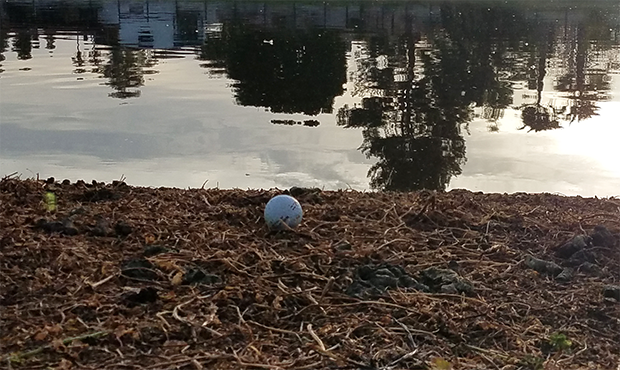
It's estimated that around 300 million golf balls are lost in water hazards every year (Photo by Luke Wright/Cronkite News)
(Photo by Luke Wright/Cronkite News)
MESA, Ariz. – Those golf balls that land in water hazards? It turns out many are brought back to life.
An estimated 300 million golf balls are lost or discarded in the United States every year, according to research by the Danish Golf Union. Because it can take golf balls between 100 to 1,000 years to decompose naturally, scientists say, they present a major environmental risk to the planet.
A number of businesses have started to collect them and turn them into profit. The most common way to find success in the golf ball recycling world is to employ divers to scavenge the balls from the lakes on and around golf courses.
John Weynand is one of those divers.
The Valley resident has traveled throughout the country to recover balls. He visits approximately 200 golf courses a year.
“I have a course schedule for the day,” said Weynand, a diver who started right out of high school and has been in the industry the past nine years. “I’ll show up to a golf course and talk to a head pro or general manager. I confirm that I’m there and I grab a cart and go to the first pond that I think will be a good one and hop into it.”
Weynand, 28, averages about 200 to 300 balls per pond but said many variables can affect the amount of balls in a lake, from the season to the location to whether they came from a left-handed or right-handed shot.
Dangers can accompany diving, especially in Florida. In the late 1990’s, a rookie diver in Tampa “spent several hours stuck on the bottom, pinned down by a gator’s amorous advance during alligator mating season,” according to golf.com
In Arizona, alligators are not a concern, but Weynand did acknowledge that there could be other things in the water. Although not as scary as alligators, Weynand said he has been attacked by fish while diving.
“Bass are very territorial. They don’t want you around, so they’ll just stare at you the whole time,” Weynand said, “If you are in a clear pond you can see them. They’ll be a few feet away just staring at you and doing what fish do. Catfish are the worst. They’ll swim up under me thinking I’m something they can get up under and hide.”
Weynand has spent his entire diving career with Desert Golf Ball Recycling, a sister company of Sunshine Golf, a Valley-based golf ball recovery company that has contracts with over 1,200 golf courses.
Most of their business in about a seven-month span, said John Brown, the operations manager for Sunshine Golf’s plant in Mesa.
“From March through about September,” Brown said, “that’s when we get probably 60-70 percent of what we process.”
After the balls arrive at the plant, Brown said, they are washed and then sorted. After that, they go through a grader that will assign a letter, much like a school-grading system, from A to D. They are then packed and either sold directly from Sunshine Golf, or to other wholesalers.
Lee Evanko, the co-owner of Sunshine Golf and Desert Golf Recycling, has been in the industry for more than 30 years now and has watched her company grow rapidly.
“We have expanded into 20 other states, and pull in about 10 million balls a year,” Evanko said.
Sunshine not only sells balls across all 50 states, she said, but also overseas to Holland, Australia and New Zealand.
With hundreds of millions of balls lost every year, and plenty of bad golfers to maintain that number, the golf ball recycling industry will remain afloat for years to come.

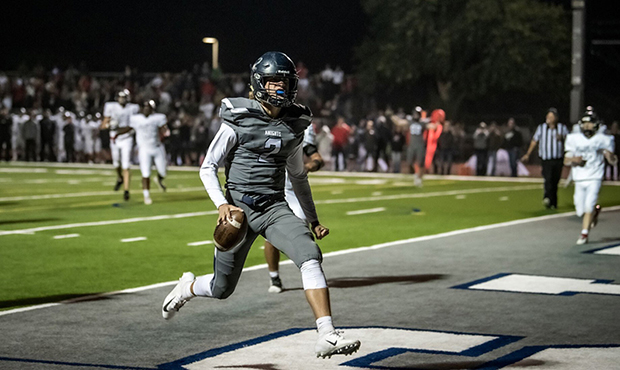
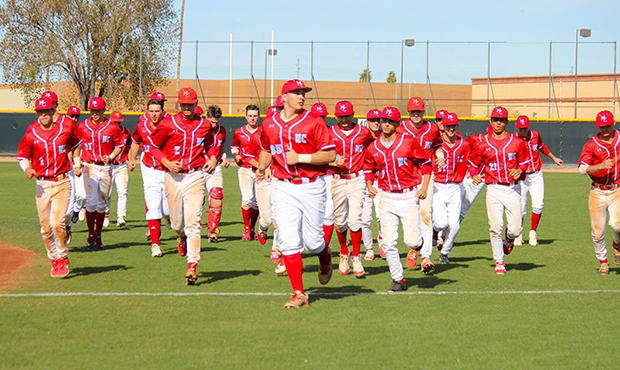
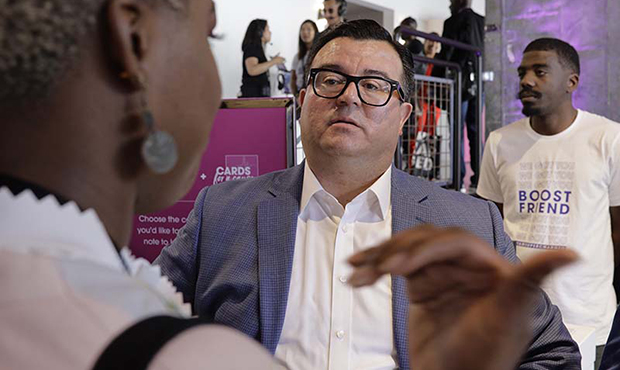
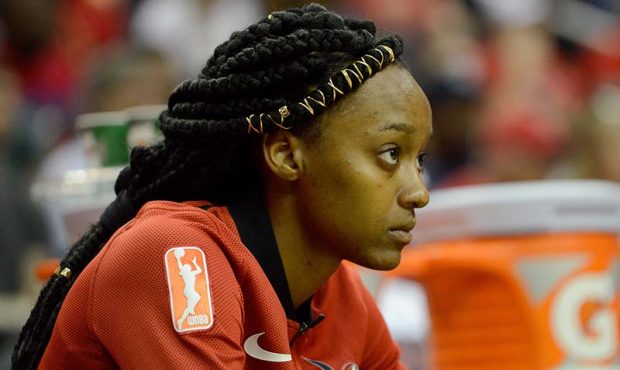
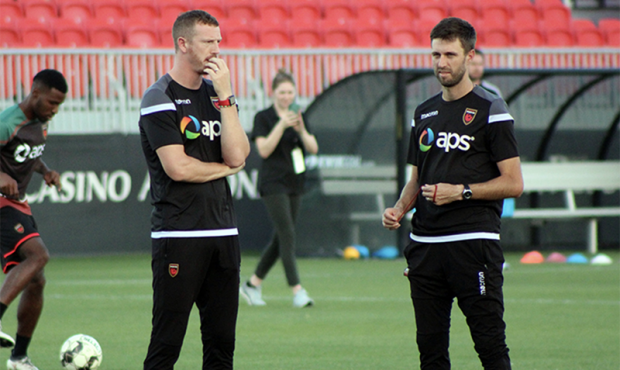
Comments